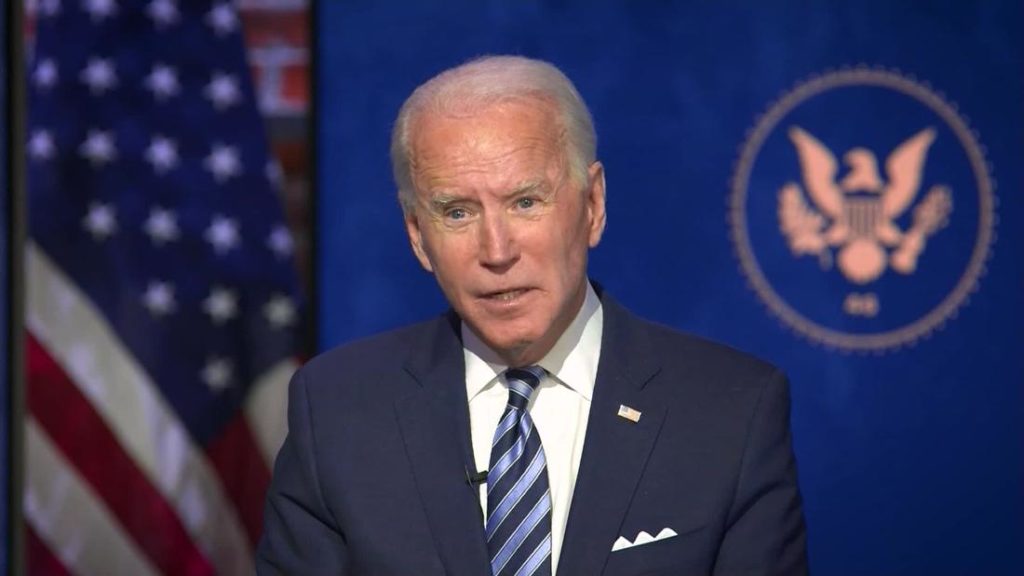
Americans who went to the polls on Election Day didn’t actually select the President directly.
They were technically voting for 538 electors who, according to the system laid out by the Constitution, meet in their respective states and vote for president and vice president once the popular vote totals are completely counted and certified. The electors are set to meet Monday to cast their votes for US president.
These electors are collectively referred to as the Electoral College, and their votes are then forwarded to the president of the Senate, who counts them in a joint session of Congress after the new year.
Here’s a look at some key dates from now until Inauguration Day:
Dec. 14
- Electoral votes cast: In law, this date is the first Monday after the second Wednesday in December. This year it falls on Dec. 14. Six days after disputes are supposed to be settled, electors are supposed to meet in their respective states and cast votes for US president. They certify six sets of votes and send them to Washington. Many states have laws requiring their electors to support the winner of their state’s election and can levy fines against faithless electors who go their own way.
Dec. 23
- Electoral votes must arrive in Washington: The certified electoral votes have nine days to get from their states to Capitol Hill.
Jan. 3
- New Congress is sworn in: Members of the House and new members of the Senate take the oath of office at noon. This is the official start of the 117th Congress.
Jan. 6
- Electoral votes counted: Members of the House and the Senate all meet in the House chamber. The president of the Senate (that’s Vice President Mike Pence) presides over the session and the Electoral votes are read and counted in alphabetical order by two appointees each from the House and Senate. They then give their tallies to Pence, who announces the results and listens for objections. If there are objections or if there are, somehow, multiple slates of electors put forward by a state, the House and Senate consider them separately to decide how to count those votes.There are 538 electoral votes — one for each congressman and senator plus three for Washington, DC. If no candidate gets 270, the 435 members of the House decide the election. Each state gets a vote. The House has until noon on Jan. 20 to pick the President. If they can’t, it would be the vice president or the next person eligible in the line of presidential succession.
Jan. 20
- Inauguration Day: A new president takes the oath of office at noon. In a disputed election, if the House has not chosen a President but the Senate has chosen a vice president, the vice president-elect becomes acting president until the House makes a choice. And if there’s no president-elect and no vice president-elect, the House appoints a president until one is chosen.
You may also like
-
UK coronavirus variant has been reported in 86 countries, WHO says
-
NASA technology can help save whale sharks says Australian marine biologist and ECOCEAN founder, Brad Norman
-
California Twentynine Palms: Explosives are missing from the nation’s largest Marine Corps base and an investigation is underway
-
Trump unhappy with his impeachment attorney’s performance, sources say
-
Lunar New Year 2021: Ushering in the Year of the Ox

